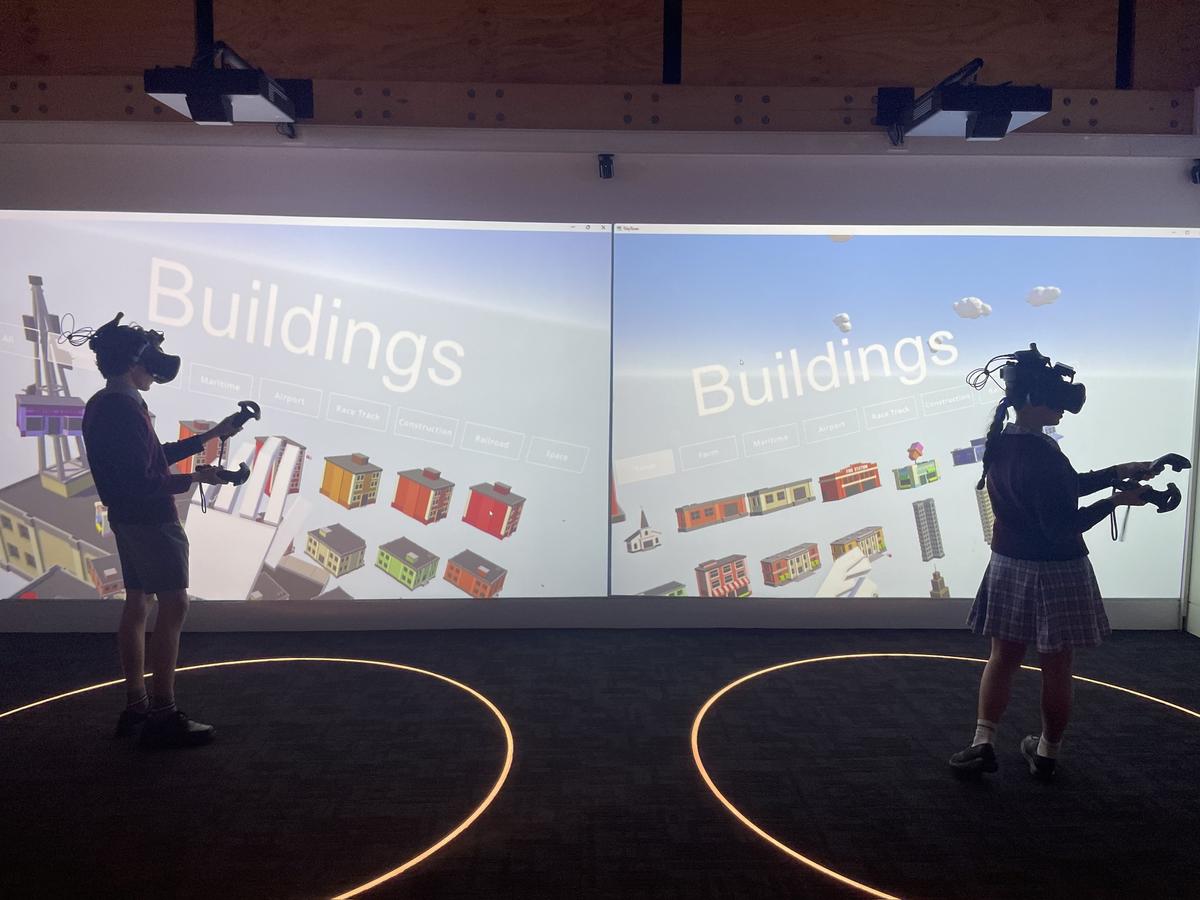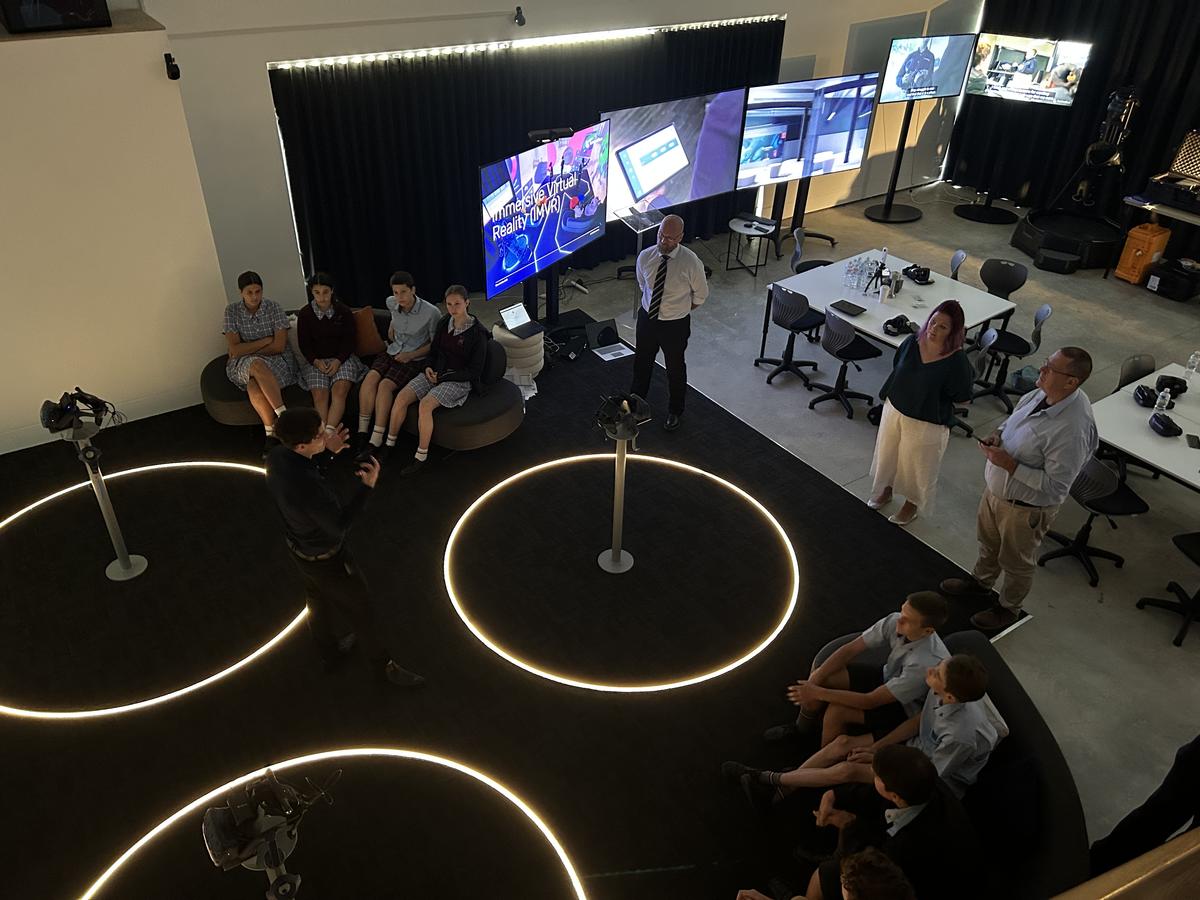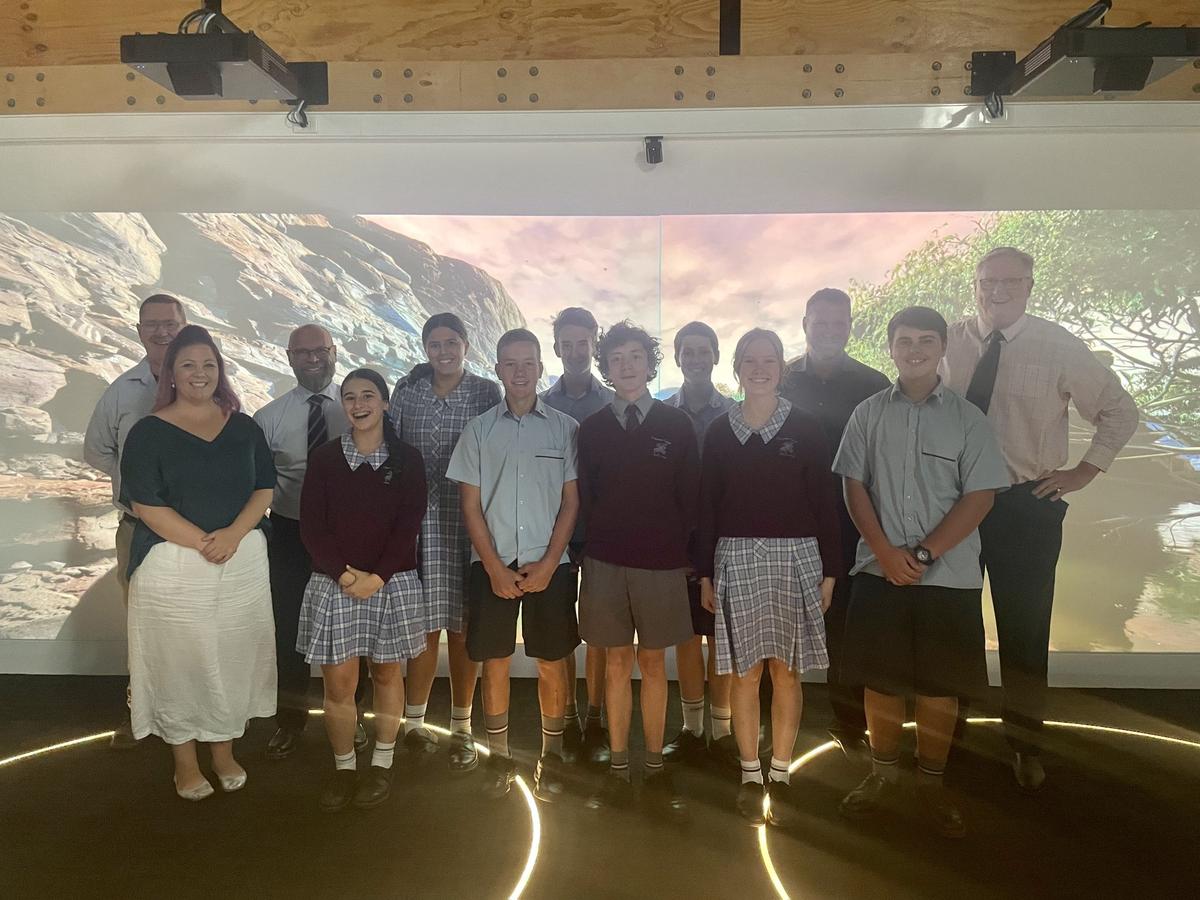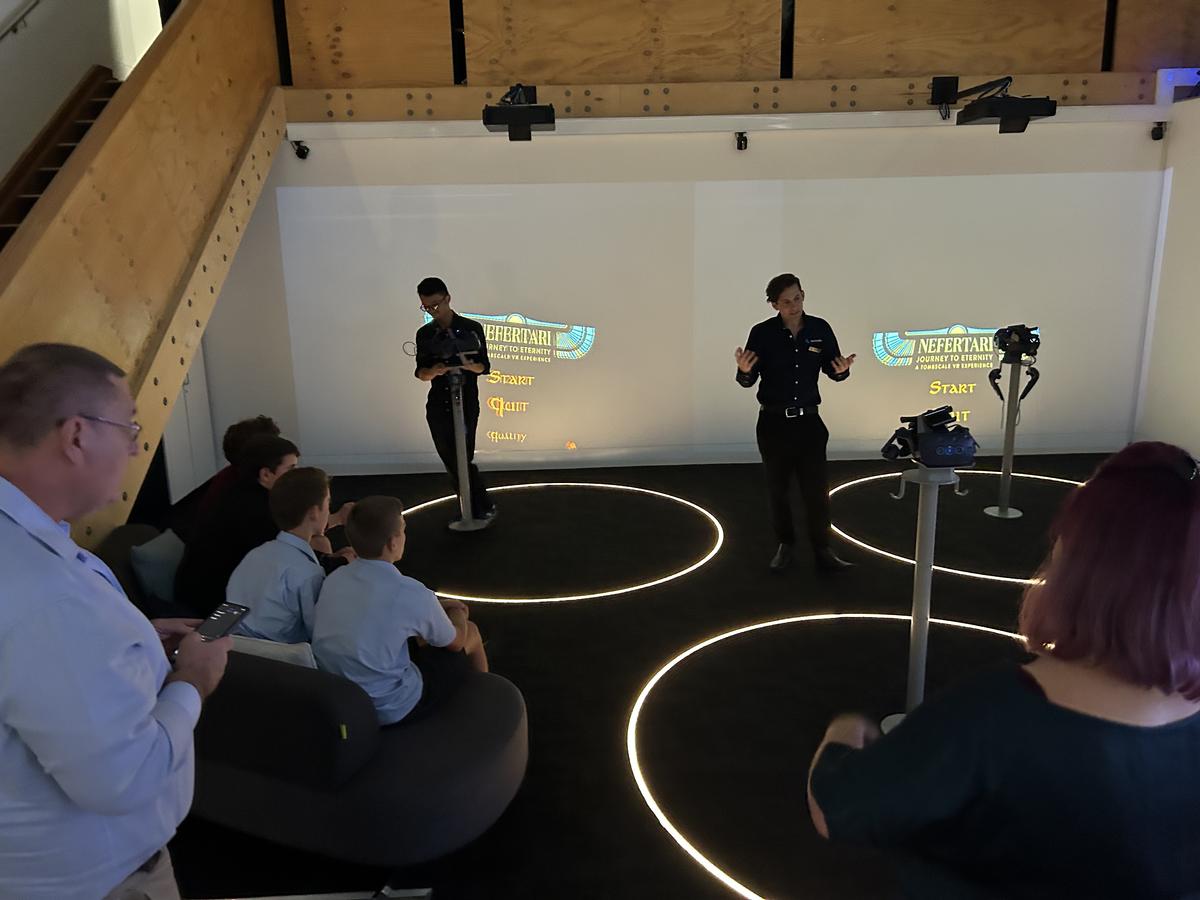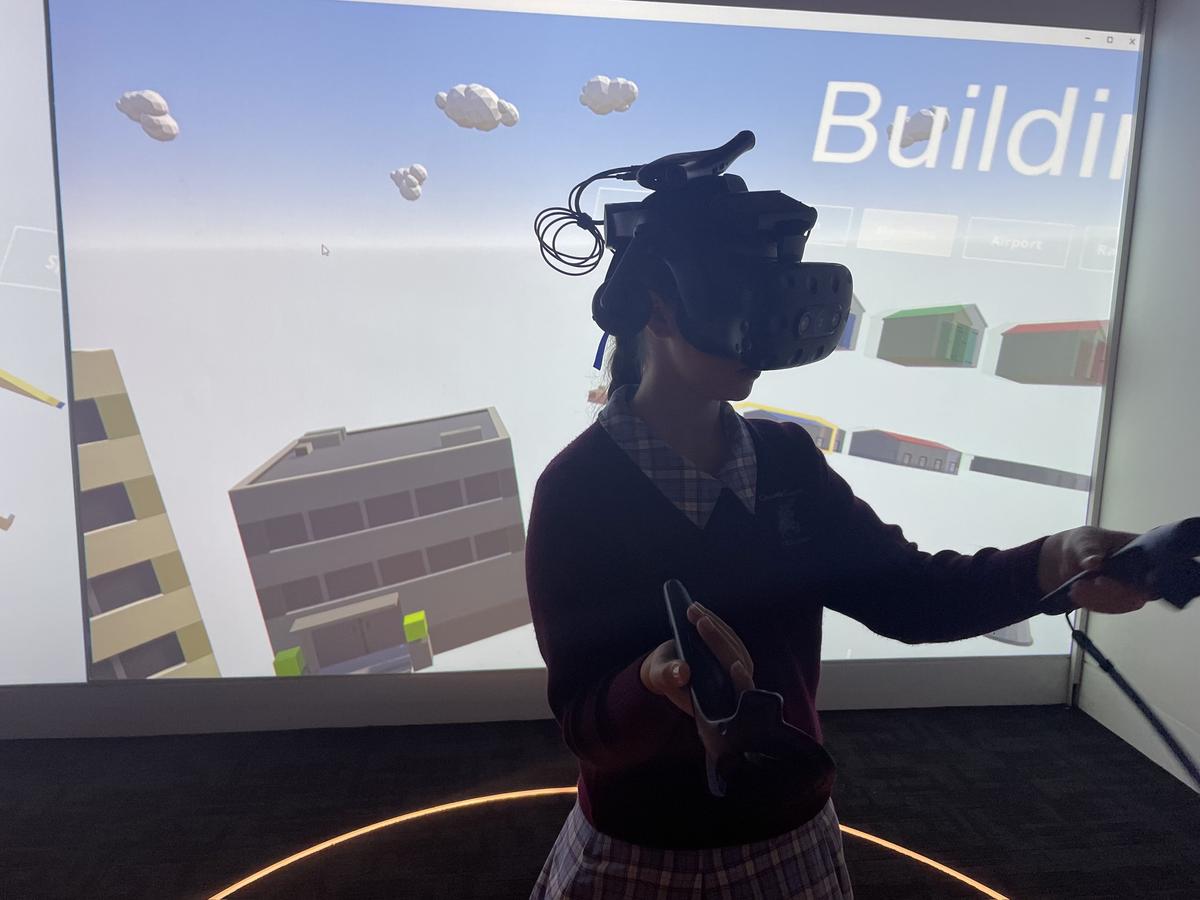Teaching and Learning
Mrs Rebecca Graham | Assistant Principal - Teaching and Learning
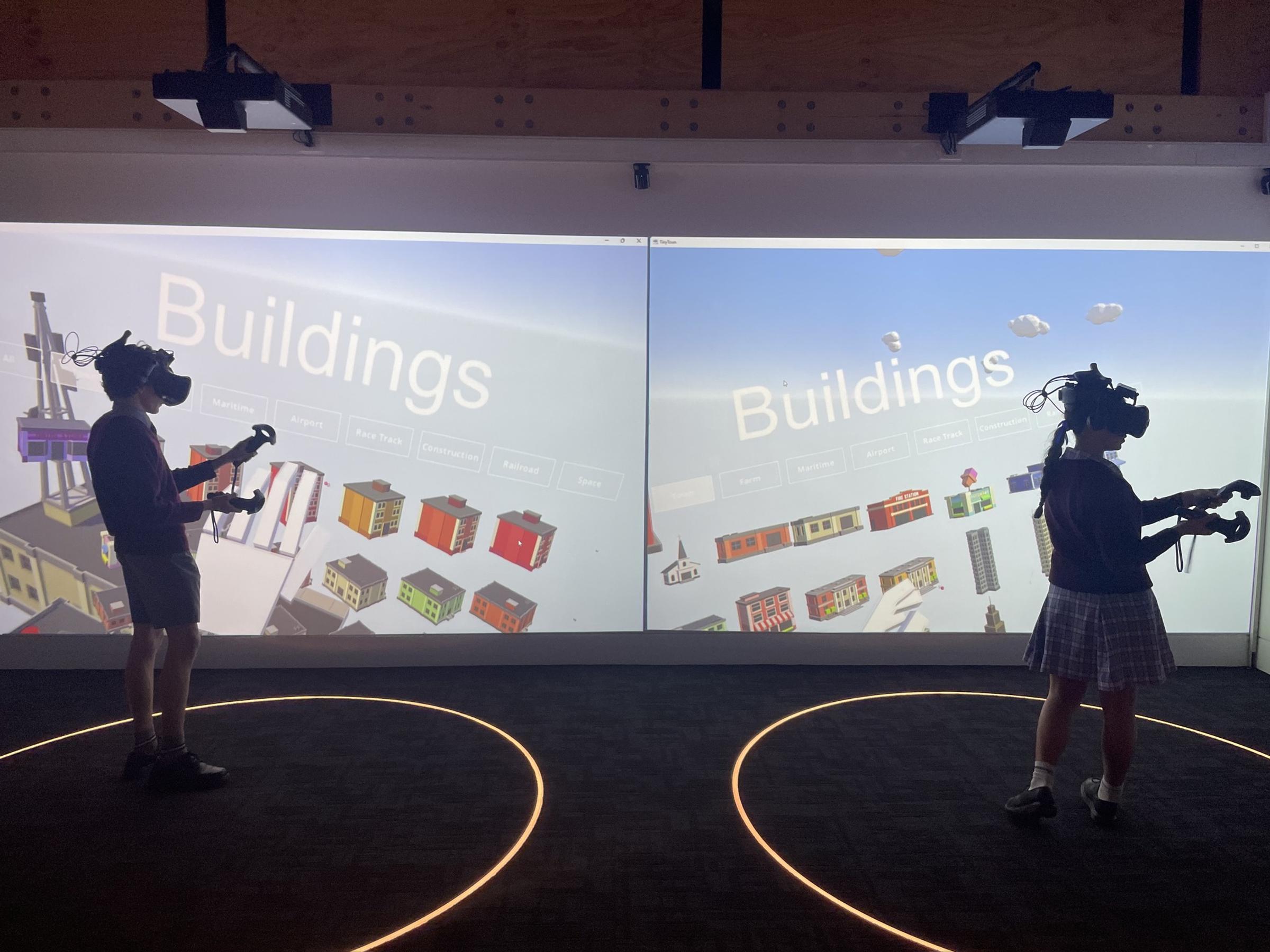
Teaching and Learning
Mrs Rebecca Graham | Assistant Principal - Teaching and Learning
Congratulations to the Class of 2022 who have produced outstanding results. The following statement by our School Captain and Dux Daniel Bramley is a perfect example of the education of the heart that is the foundation of all we do at Chevalier:
“Excitement at my results this morning quickly turned to gratitude. Gratitude for the unconditional support every student at Chev is surrounded by throughout their learning journey. Everyone has natural academic ability, yet without an environment of belief and encouragement much of it is left unfounded. Therefore, today is more than a celebration of the Class of 2022 but also the individuals in our community who played a role in our success. For that I am forever grateful.”
A snapshot of Chevalier’s results:

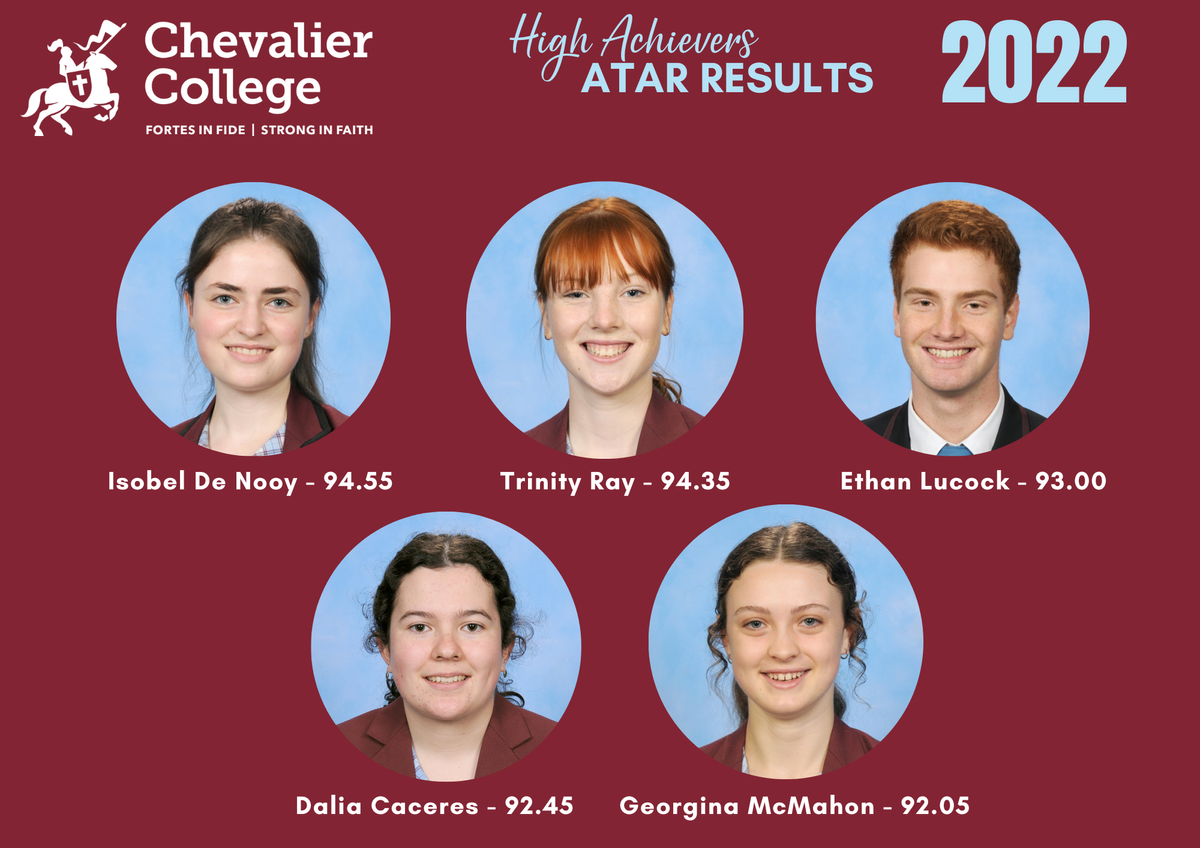


On Thursday February 9 we had the opportunity to celebrate the success of our Class of 2022. While a number of our high achievers were unable to attend the assembly due to travel overseas or university commitments, it was a pleasure to see such a strong number of students represented. The grit, determination and persistence shown by these students throughout their journey at Chevalier is an inspiration to us all.
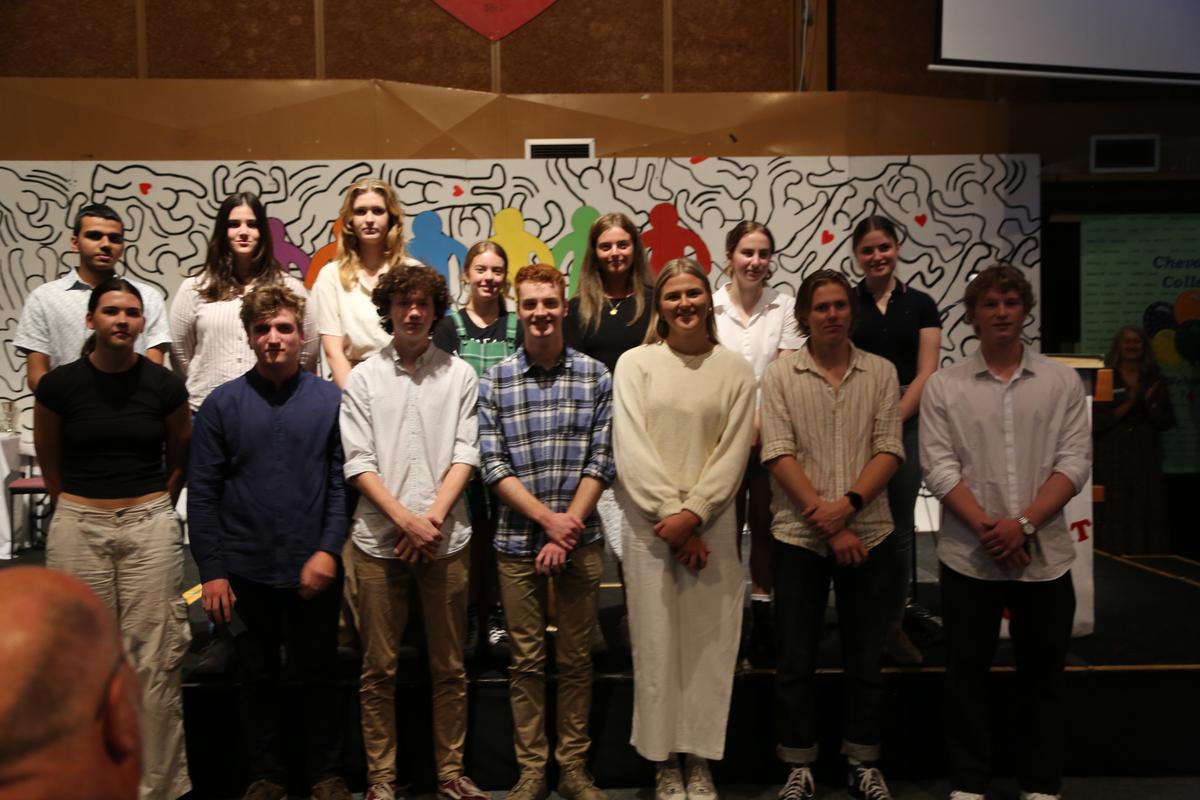
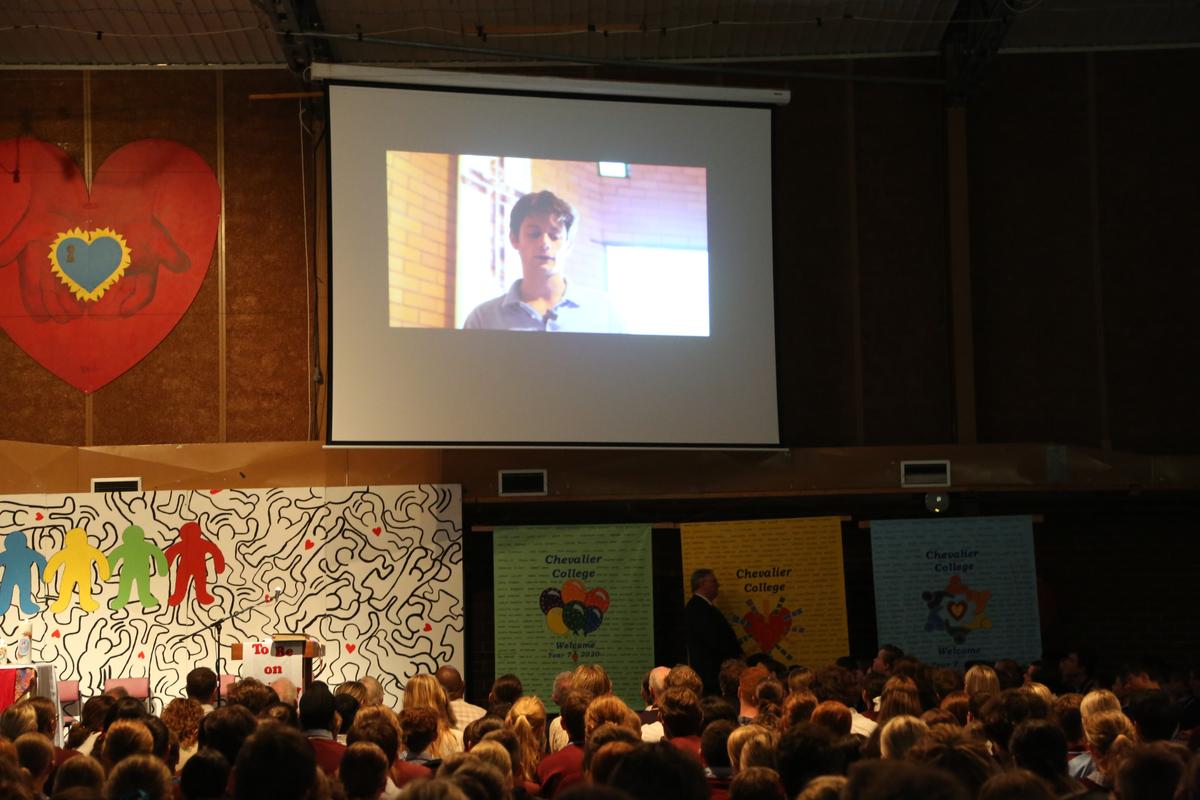
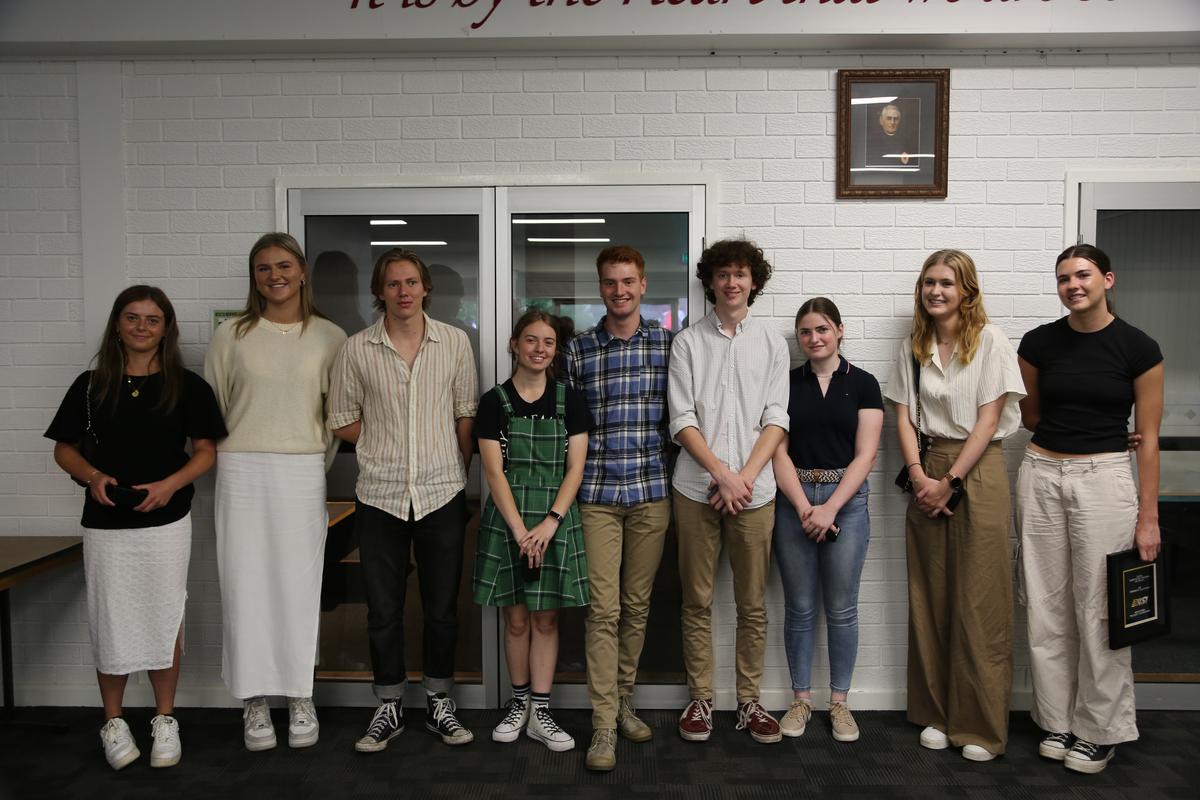
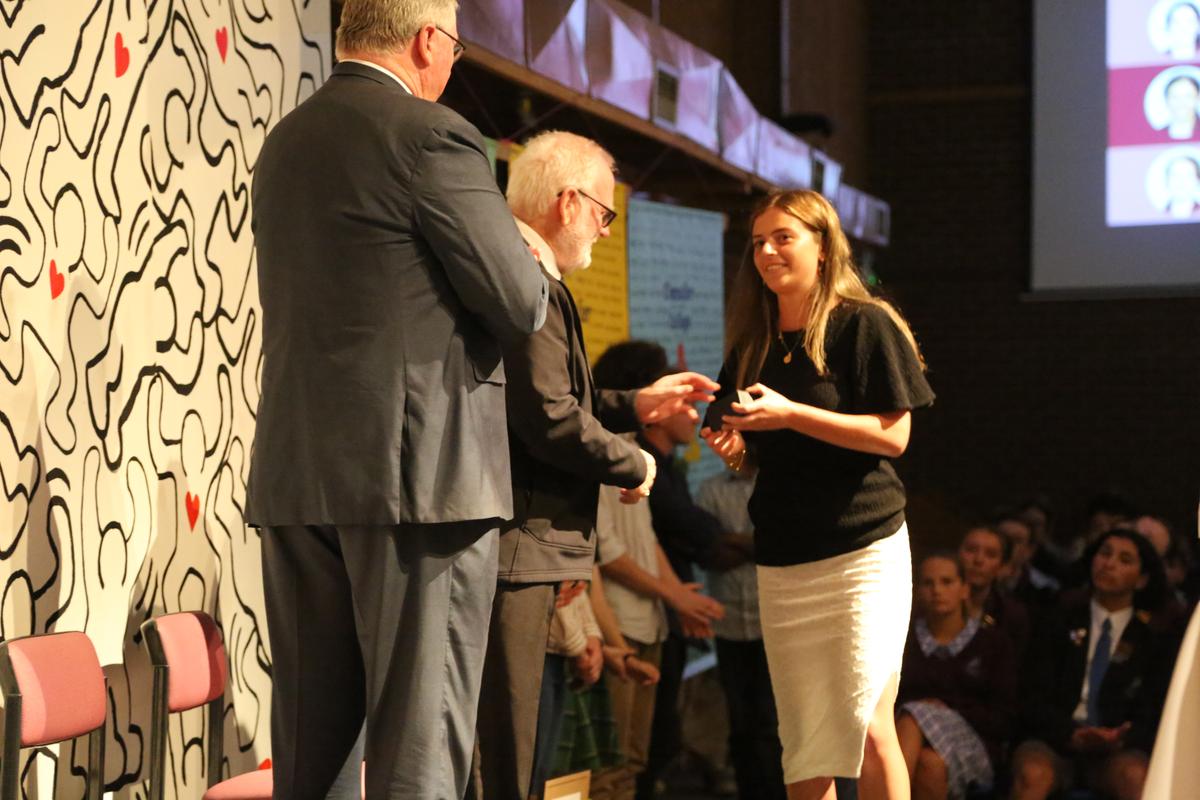
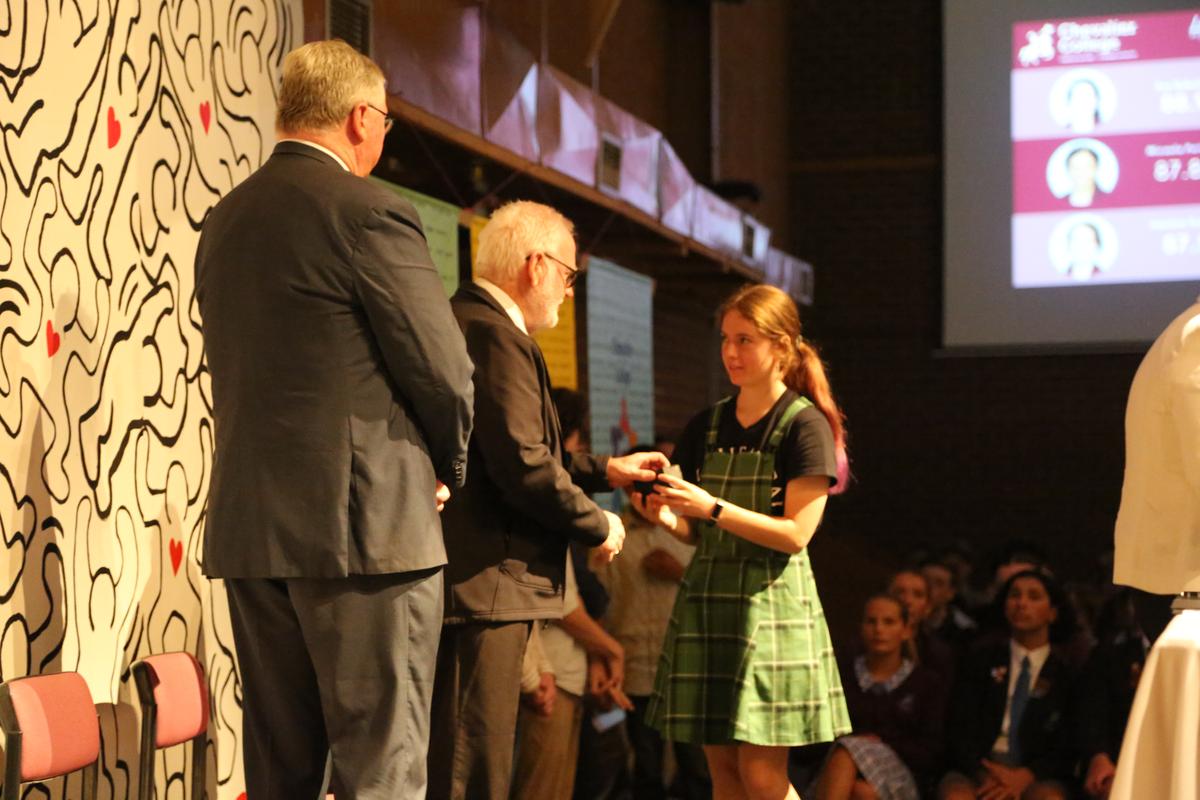
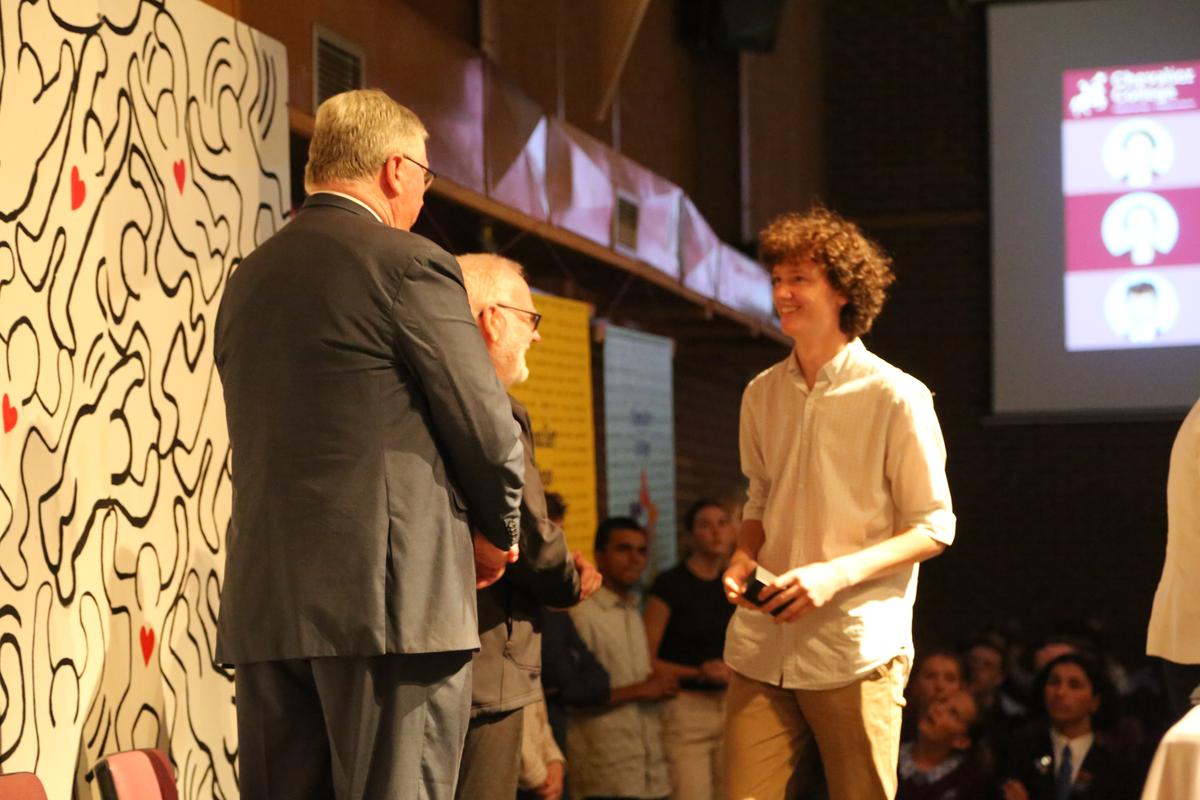
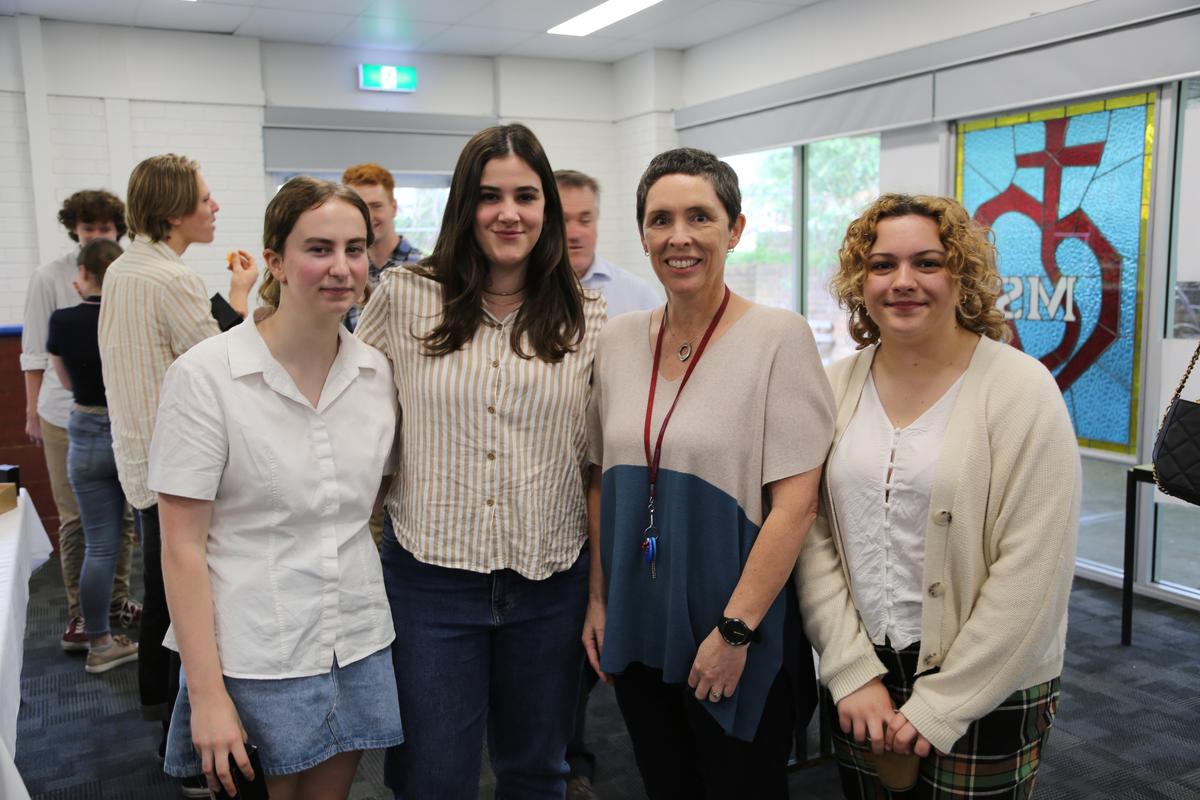
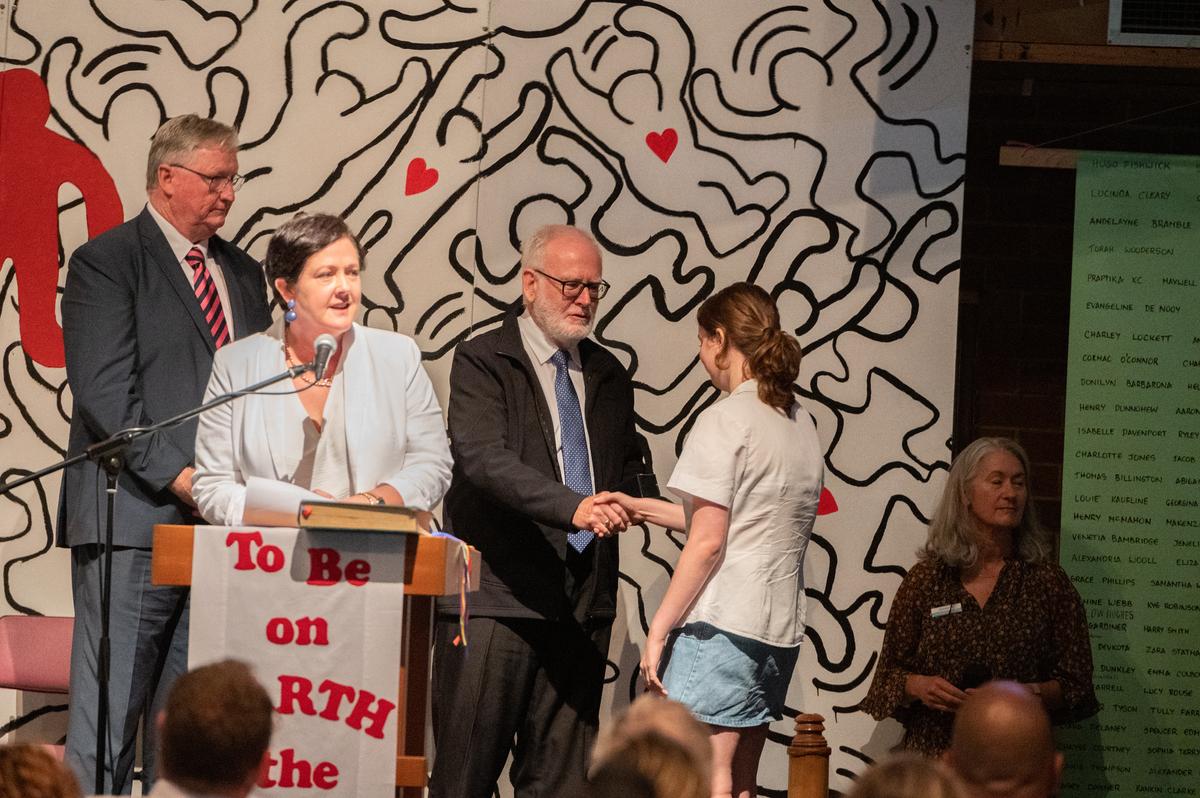
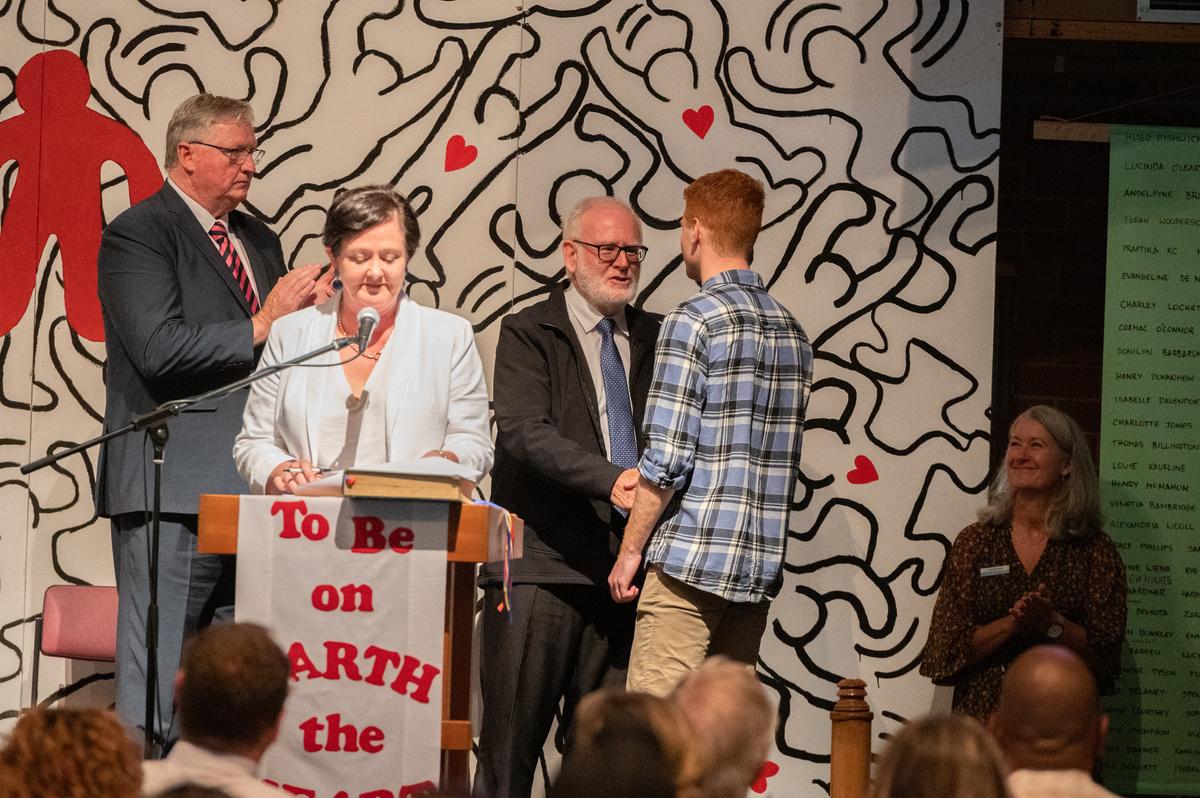
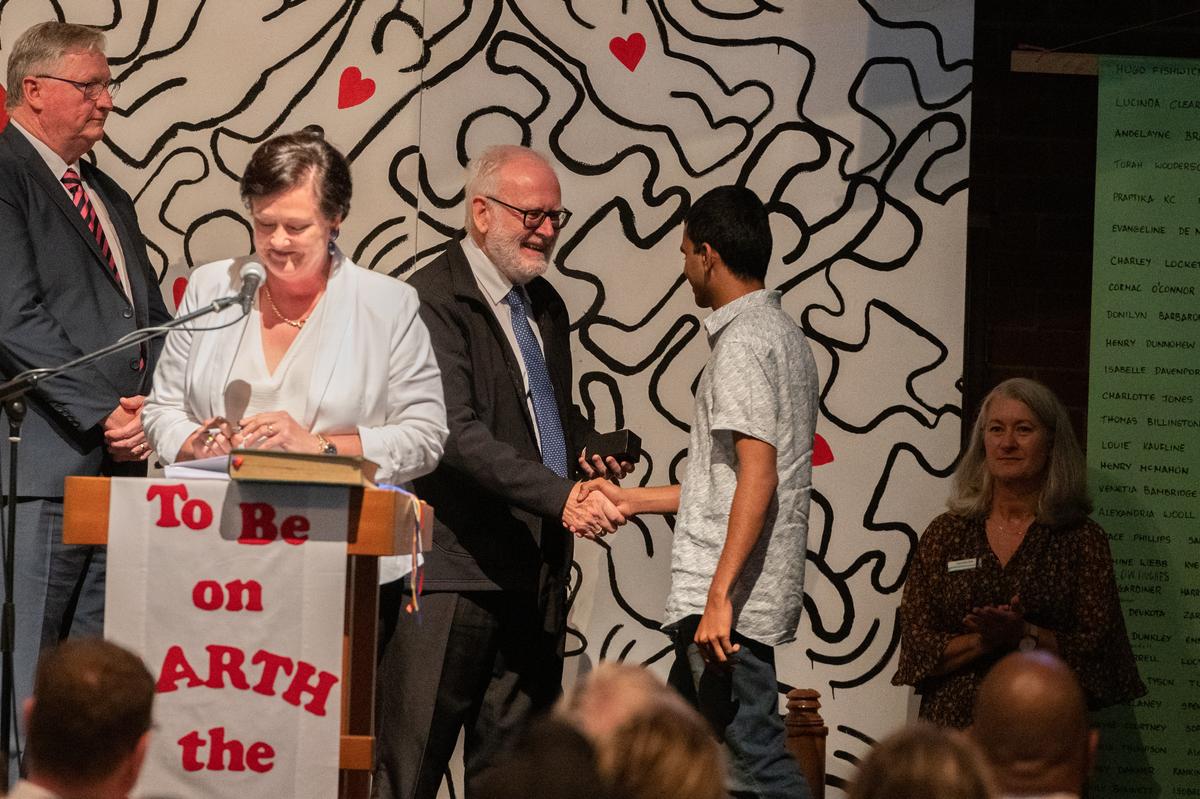










Daniel Bramley – 99.65 Chemistry Physics Mathematics Ext 1 Mathematics Ext 2 English Advanced Studies of Religion 1 | Ethan Bambridge – 99.4 Chemistry Physics Mathematics Ext 1 Mathematics Ext 2 English Standard Science Extension | Luca Murray – 98.3 Ancient History Chemistry English Advanced Mathematics Advanced Mathematics Extension 1 Physics Studies of Religion 1 |
Georgina Gardner – 95.9 Design and Technology English Advanced Mathematics Advanced Modern History History Extension Studies of Religion 2 | Leilani Batty – 95.65 Ancient History English Advanced English Extension 1 Mathematics Standard 2 Modern History Studies of Religion 1 | Ella Stack – 95.15 Mathematics Advanced Biology Mathematics Ext 1 Science Extension Chemistry Advanced English |
Isobel De Nooy – 94.55 Ancient History English Advanced English Extension 1 English Extension 2 Mathematics Advanced Physics Studies of Religion 1 | Hannah Hill – 94.5 Mathematics Extension 2 Biology PDHPE Chemistry English Advanced Studies of Religion 1 | Trinity Ray – 94.35 Biology Chemistry Drama English Advanced Mathematics Advanced Studies of Religion 1 |
Ethan Lucock – 93.00 English Advanced Mathematics Advanced Mathematics Extension 1 Music 2 Physics Studies of Religion 1 | Dalia Caceres – 92.45 Ancient History English Advanced English Extension 1 Legal Studies Visual Arts Studies of Religion 1 | Georgina McMahon – 92.05 Ancient History English Advanced English Extension 1 English Extension 2 Legal Studies History Extension Studies of Religion 1 |
Authors: Freya C, Henry D, Xavier H, Ellie H, Hamish J, Jamie M, Olivia M, Milene S
On Wednesday 15th February, we had the opportunity to tour the Lumination Virtual Reality Learning Lab in North Sydney. Our Principal, Mr Miller and teachers, Ms Handley, Mr Gillespie, Mr Thompson, and Kieran, our IT Engineer, joined us. We explored the possibilities of virtual reality (VR) and how it might enhance our learning. We had the chance to try out some educational VR programmes and learn how VR can assist and enhance traditional classroom learning.
As we walked into the lab, our initial thoughts were, “Woah, this space looks insane and creative.” We were drawn to the big screen and the lights around the room, making it feel futuristic. Overall, it carried great energy and was a fantastic way to start the experience.
Throughout the day, we discussed what VR is through PowerPoint presentations and quizzes, after which we learned for ourselves. We used two types of VR technology, HHVR and IMVR. HHVR only allowed us to see and hear, providing a more natural way to explore environments or see events happening. IMVR was immersive, allowing us to create and design within the environment.
All areas of the school could benefit from VR. History classes could use HHVR to view the places that they are studying far more effectively than images or descriptions, and Geography classes could benefit from the immersive side of VR. Science could use it to model the behaviour of atoms and molecules in a chemical reaction. Mathematics could also provide interactive and visual representations of complex equations, aiding understanding and engagement. The whole experience was eye-opening and inspiring for what the classroom may look like in a few years’ time.
We were shown an array of IMVR programs, allowing us to experience being both the consumer and the creator. The Lab Staff helped us pick up the controls, explaining how each program worked and how they could contribute to the classroom environment. It was surprising how easy it was to control the IMVR, given our little experience in this area. All of us were able to adapt to the movement and controls.
The experience was very interactive, and we believe VR could revolutionise the classroom environment. It provides an opportunity to take a class on an excursion-type experience while still at school, allowing teachers to further explain a topic by placing students directly in that environment. This helps students empathise and connect with the resources provided, further aiding their comprehension and enjoyment of learning.
While only two or three people can use the IMVR at a time, it would be an excellent tool for group work, as it involves collaborative activities and lessons that include creativity and project-based learning.
Overall, we loved the VR Lab experience, and we strongly believe that Chevalier should consider these programs and installations of Virtual Reality. It offers a new way to design projects and opens a window for new and fresh assessments throughout the school. The possibilities are endless, and we know it would make learning and skill-development more memorable and enjoyable.
